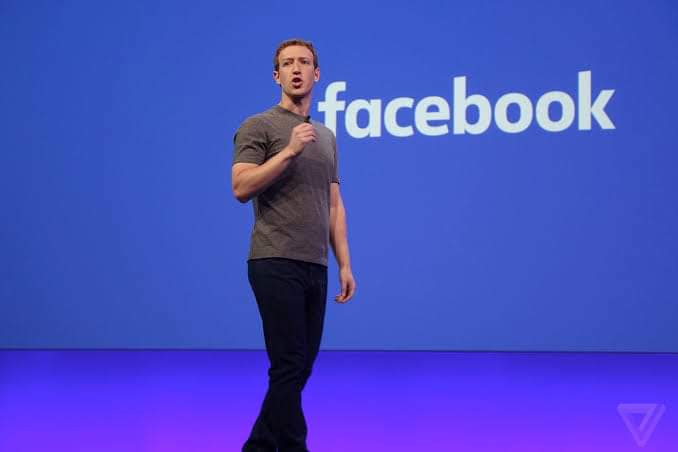Ad revenue from Facebook and Instagram is now available to content creators in Nigeria, thanks to the country’s eligibility.
This modification was implemented on Thursday, June 27th, by Meta, the parent company of Instagram and Facebook. Before this update, content creators residing in Nigeria could not use Facebook to monetise their work unless their page was managed from an eligible country.
In 2023, content creators from the US, Canada, Australia, and South Korea were early adopters of “Ads on Reels,” a performance-based monetisation programme where payouts are determined by reel viewership.
The change allows Nigerian content creators to monetise their work through Facebook features such as in-stream ads, live ads, ads on reels, bonuses, and subscriptions.
Read also: Meta trains Facebook and Instagram AI in Europe
Meta President of Global Affairs Nick Clegg announced during his March visit to Nigeria, and this latest development follows in his footsteps.
Instagram will not be the only platform that can be monetised. Meta announced in March that creators in Nigeria who are eligible to use their monetisation products will also have the opportunity to earn money on Facebook. “We’re working diligently to make these monetisation features available for Nigerian creators in June, and our team is dedicated to a swift rollout,” Meta said.
How Facebook monetisation works
There is a robust creator economy in Kenya and Nigeria, where people make all sorts of content, from fashion videos and skits to instructional videos and more.
Get up to 60,000 minutes of video views, have five or more eligible videos shared, and have at least 5,000 followers to be eligible to earn from the platform.
A green checkmark will appear next to each fulfilled requirement, while an ‘x’ will appear next to each unfulfilled requirement.
Professional mode pages and profiles are checked periodically by Facebook technology to make sure they meet the requirements.
How social media became “digital oil” for content creators
Over the past few years, the primary function of digital platforms has evolved from facilitating casual communication and the exchange of personal information to serving as a means of financial support.
Many Nigerians see online social networks as replacing ‘oil’, the country’s leading resource. Content creators can monetise their work by sharing it on social media. Several media types are used, such as articles, videos, and images.
Read also: X launches private likes feature to enhance user privacy
Some content creators are known as influencers because of the many people who follow and watch their work. These content creators often amass substantial wealth as influencers by endorsing businesses and brands and the monetary compensation they receive from social media platforms.
Earnings for creators are affected by things like the number of followers, engagement with the audience, and the type of content they create. Yet, building a personal brand on social media allows even individuals with a smaller following to make a substantial amount of money consistently.
Since the COVID-19 lockdown in 2020 spared most Nigerians their jobs, the country’s population of content creators has grown. Many Nigerians turned to filming family and themselves coping with the lockdown to self-express and engage. For many, the experience gained from this activity has led to content creation.




